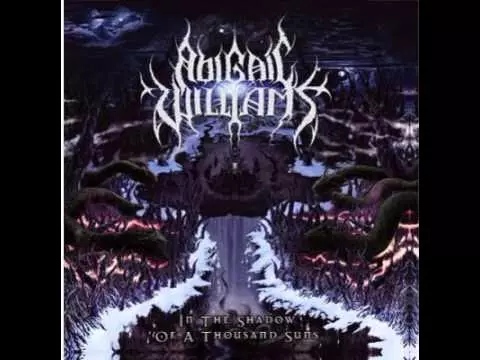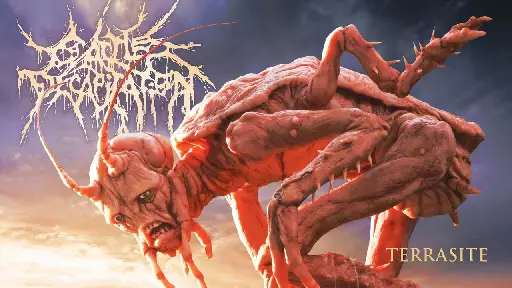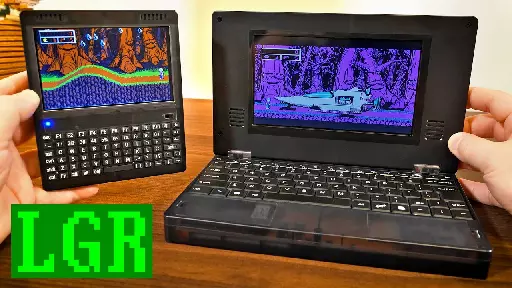If you run your scripts through https://shellcheck.net it'll pick up things like this. Also available as a Linux package for offline use.
What have you found bad about bash arrays? I have some simple usage of those (in bash) and they work fine.
No worries! I hope this helps you enjoy Flatpak :)
You added the Flatpak repo as a "system" repo with:
flatpak remote-add flathub https://dl.flathub.org/repo/flathub.flatpakrepo
As such, the downloaded applications are stored by the system in /var like you said.
If you run installs as user installs, eg:
flatpak --user install com.example.appname
Then the application is stored in your home directory, not in /var.
You can also add the Flatpak repo as a "user" repo, eg:
flatpak --user remote-add flathub https://dl.flathub.org/repo/flathub.flatpakrepo
Now all installs will behave as if you passed --user to the install command. All installs will go to your home directory, none will go to /var
The installer lets you do a custom partition layout.
It's fine. I give my systems a 20G or 30G root file system.
If you use Flatpak then make sure you do user installs. If you add the remote as a user remote then all installs are user installs.
If you use VMs then create a storage pool for the disks in your home filesystem. I create a /home/libvirt/ for this.
Basically just be mindful not to fill your root filesystem.
I love XFCE but I use MATE's Caja file manager on mine.
Yes. All Flatpak apps can be used on any distro.
I'm using the Fedora Flatpak Firefox on Debian, because Fedora's Flatpak runtime supports Kerberos authentication, the Flathub runtime doesn't.
No. Neither Intel or AMD provide microcode which meets Debian's definition of "free" so CPU microcode is non-free:
https://wiki.debian.org/Microcode
You might consider that your CPU is already running non-free microcode provided by your non-free motherboard BIOS.
If you have one of these CPUs, it's literally impossible for you not to run some non-free components.
All you're doing is exposing yourself to vulnerabilities in old microcode.
It means 6.4.4.
The 0 can be ignored, so you can think of this as "linux-image-6.4" then if you want the actual revision you look after the arch and see "6.4.4".
This is explained in the Debian kernel handbook:
https://www.debian.org/doc/manuals/debian-kernel-handbook/ch-versions.html
For compatibility, the official kernel packages currently add '.0' to the upstream version.
Every Flatpak vendor
So who's that? Flathub and Fedora, the latter of who automate the Flatpak builds from distro packages anyway.
If you're using a smaller distro which is not backed by a huge security team then this is probably an advantage of using Flatpak, not a negative.
aiui apt will compare downloads from repositories against the repository signing key, whereas downloading a deb and installing it manually with dpkg bypasses that.
So theoretically the Debian website could get compromised and provide you a malicious deb package. That has happened to other Linux distros before so it's not entirely unrealistic.
Practically I think that's very unlikely.
I know apt has the --download option if you'd like to fetch deb packages on the commandline, though I'm not sure if apt compares the package with the key during this process. I hope it does. You could probably run apt in verbose mode and hopefully see this happen.
Some references:
https://www.atlassian.com/git/tutorials/dotfiles
Same. My alias is dit for "dotfile git".
I've tried several dotfile managers, but after adding my files I interact with them so infrequently I forget how to use them.
The thing which finally stuck is this method from Atlassian: https://www.atlassian.com/git/tutorials/dotfiles
Your entire home directory is a bare git repo which ignores untracked files. It's just plain git so there is no additional tool to learn or forget.
I've put my vim plugins as git submodules so they're easily and efficiently tracked and updated too.
I don't care but it's annoying that they won't put a normal application name into $PATH.
There is a denied GitHub Issue for it but I can't be bothered finding it. It'll never happen so it doesn't matter.
Hello, great to see you on here! I've followed your previous helpful posts about this in the past and I have looked at the source of the Buster-based XFCE image exactly as you said. I should check out your Bookworm source too.
I also used to think Debian was a good distro lacking good config, and that was the advantage which Ubuntu brought to the table. Then I started using Debian full time and realised I was wrong. Once you set a graphical theme and make a few tweaks there isn't a great amount of difference from more friendly distros like Ubuntu or PopOS. I suspect this also has something to do with just how good Bookworm is. I'm also arguably an advanced user (Linux-curious since 99 and full time since 07, patches in many open source projects, my job is fixing Linux) so I don't find the things which Spiral does are difficult to understand or to do myself if I want.
SpiralLinux wasn't the only factor in why I ditched Ubuntu and switched to Debian, but you definitely helped me to see that Debian is a viable good desktop distro and that it really doesn't need a lot of changes from the base install, and for that I'm very grateful. Thank you.
For me, the thing holding me back from doing SpiralLinux installs is Calamares. I want to do a custom partition encrypted LVM install and Calamares just can't do that. So unfortunately in this way, Spiral is worse than plain Debian for me. If Spiral offered an install iso which used the proper superior debian-installer that would be quite compelling to me, but maybe additional needless work for you.
In any case, if you are bringing new users to Debian then it's a win.
It is pretty nice but ultimately it's just Debian with a slightly different package set and a theme. You can boot the regular live image and set the theme to Adwaita-dark and there's not really much difference.
Then post your credit card number, expiry, and CVC
I am a huge Vim nerd, but I do a lot of copy-paste with one-off minor formatting in between. Sometimes Vim is more efficient at this, but often it really isn't and I'm quicker to use a dumb Notepad-like.
I've previously used Gedit in Gnome 2, Pluma which is MATE's equivalent, Xed which is Linux Mint's equivalent, and currently on Mousepad which is XFCE's equivalent. That's also mostly the history of my desktop environments over the last two decades.
No it doesn't, Termux is just a set of Linux packages which are compiled to use the Android Termux application data directory as the base install path. There is no separation from the host system like a container does with Linux kernel namespaces. The only permission in Termux is what Android itself enforces.
Abigail Williams - Floods

YouTube Video
Click to view this content.
My favourite song from their album In the Shadow of a Thousand Suns which is a gem of symphonic black metal.
Mostly written by Ken Sorceron during a brief hiatus in the band, it also features Ashley Ellyllon who was the keyboardist from Cradle of Filth.
After this album they dropped most symphonic elements and became a more regular black metal band. However, this album has been in my regular rotation since it came out and is one of my favourite albums of all time.
Cattle Decapitation - Terrasite

YouTube Video
Click to view this content.
Any thoughts on this one? It's been out a little over a month now, so that's enough time for me to give it a good few (dozen) listens and let that new-album feeling settle down a bit.
I found it hard to imagine a better album than their previous release, Death Atlas (2019). I think Terrasite has some individually stronger songs, but probably Death Atlas is a more cohesive whole-album experience. Both are excellent. I've had the albums from Monolith in my regular rotation since I discovered the band.
Nine Circles did a recent interview with guitarist Josh Elmore where he said he says the band's progression and growth comes in sets of three albums, which makes Terrasite the start of a new trilogy.
I can't imagine how they could keep getting better, but I'm keen to see what's next!

